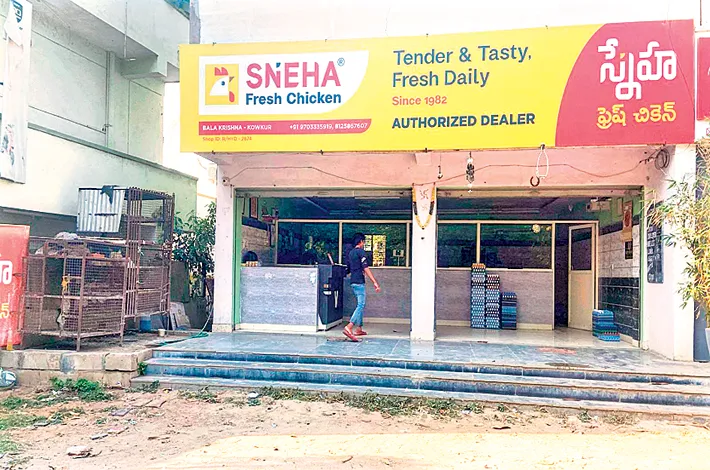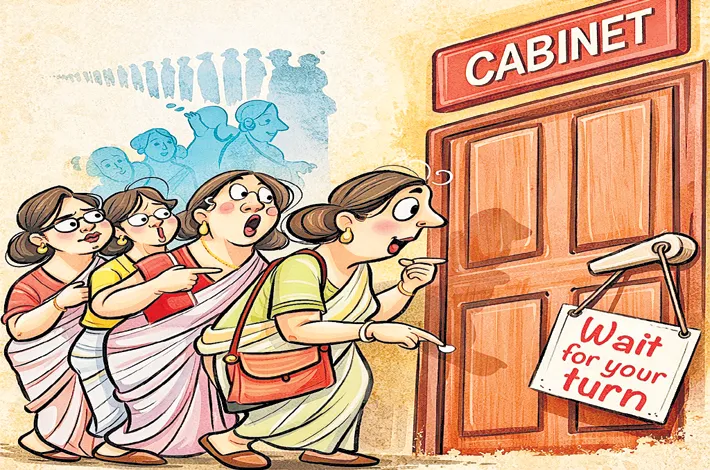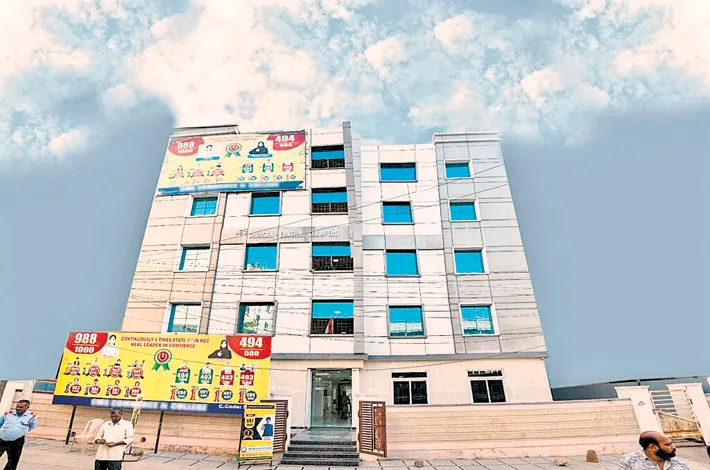Demand for chicken drops by 50% amid fears of avian influenza virus
18-02-2025 12:00:00 AM

Chicken prices in Telangana drop by Rs 50 per kg amid bird flu concerns
■ Telangana, which has over 6,000 poultry farms and nearly 90 million birds
■ Chicken and eggs are safe to consume if cooked at the right temperature
■ Small chicken shop owners have suffered the most
■ Washing hands and cleaning surfaces after handling raw poultry, further reduces any risk
■ The price of chicken has also dropped
EKALAVYA MALLEPALLI | Hyderabad
The demand for chicken dropped by 50 per cent amid fears of the spread of H5N1 avian influenza virus. Shops in the city wore a deserted look as people gave it a miss. Consumers preferred mutton and fish on Sunday. The city, which typically consumes around 6 lakh kilos of chicken. The price of chicken has also dropped from Rs 210 per kilo to Rs 180 on Monday.
Telangana, which has over 6,000 poultry farms and nearly 90 million birds, has intensified surveillance to monitor the situation. Anand, general manager at Venkateshwara Hatcheries, clarified that bird flu spreads among birds and does not pose a direct threat to humans. He reassured the public that no human deaths have ever been recorded due to bird flu. The state government, along with poultry industry leaders, is working to spread awareness and restore consumer confidence in chicken consumption.
In response to the outbreak, the Telangana government has banned the transport and sale of poultry products from Andhra Pradesh, where the initial cases were reported. Despite this, poultry sales across Hyderabad have been affected due to widespread fear, largely fuelled by misinformation on social media. Srinivas Reddy, president of the Alwal Chicken Shops Association, stated that false posts online have caused panic among consumers, leading to a drastic drop in sales. He emphasized that small chicken shop owners have suffered the most.
Hanif, who runs a mutton and chicken shop said, if the virus posed a significant risk, the government would have mandated the closure of poultry shops, which has not happened. Experts assure that chicken and eggs are safe to consume if cooked at the right temperature. The H5N1 virus is destroyed when chicken is cooked at 75°C (165°F) and eggs at 80°C (175°F). Fully boiling or frying eggs is recommended, while half-boiled or runny eggs should be avoided. Proper hygiene, including washing hands and cleaning surfaces after handling raw poultry, further reduces any risk.








